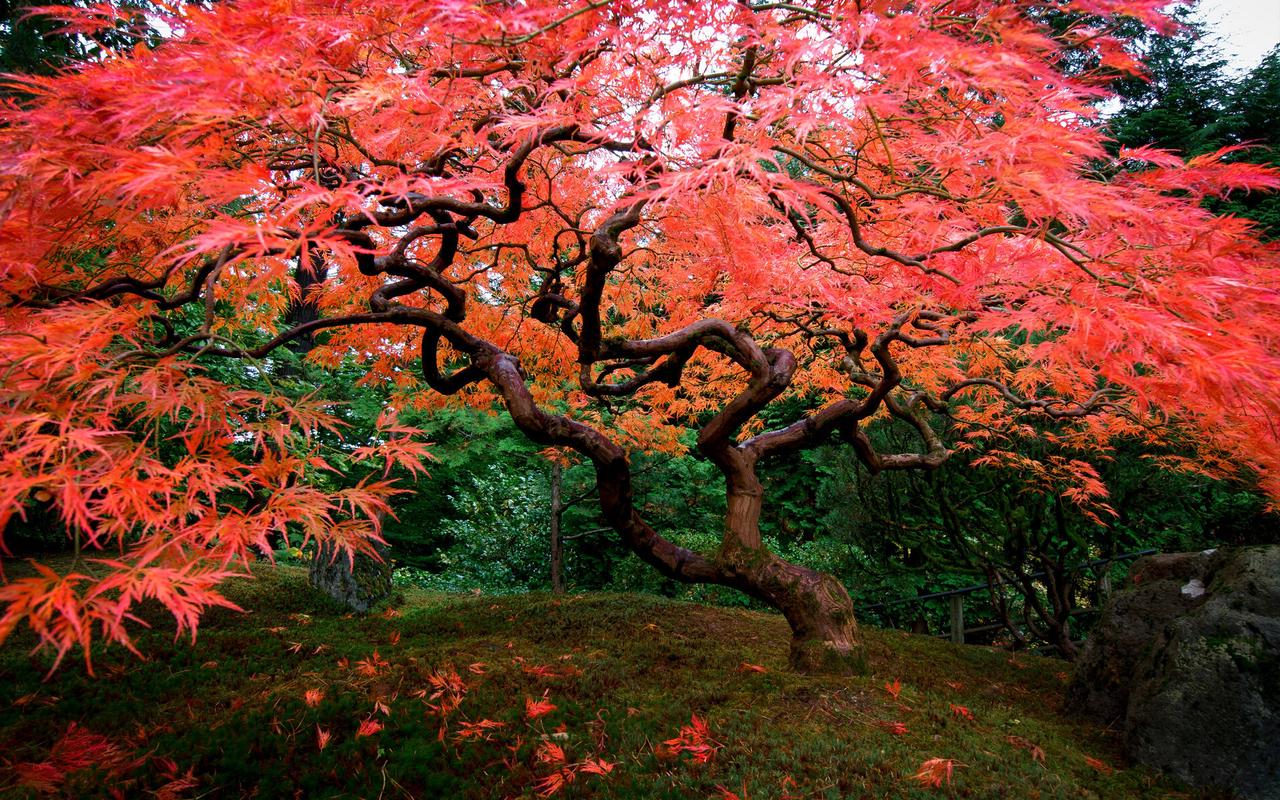The Democratic Republic of Congo (DRC) is a country that is rich in culture and heritage. With its diverse ethnic groups, languages, and traditions, preserving this heritage should be a top priority. However, because of the challenges that the country has faced, including war, poverty, and corruption, the preservation of this rich cultural heritage has often taken a back seat.
Despite these challenges, efforts are being made to preserve the cultural heritage of the DRC. Various stakeholders, including the government, non-governmental organizations, and cultural institutions, are working together to ensure that the country’s heritage is protected and passed down to future generations.
One of the ways in which the cultural heritage of the DRC is being preserved is through the establishment of cultural centers. These centers offer a space for people to learn about the country’s rich history, culture, and traditions. They also provide a platform for artists and performers to showcase their skills and talents.
Another way in which cultural heritage is being preserved is through the documentation and preservation of traditional knowledge. This includes the knowledge and practices of traditional healers, musicians, and artisans, among others.
In addition, efforts are being made to promote tourism in the country. This not only helps to promote the country’s heritage but also provides economic benefits. By attracting visitors to the country, the tourism sector can help to create jobs and generate revenue that can be used to support the preservation of cultural heritage.
However, there is still more that needs to be done to ensure that the cultural heritage of the DRC is preserved. This includes strengthening institutions that are responsible for the preservation of cultural heritage, investing in education and awareness programs, and addressing issues such as poverty and conflict that can threaten the preservation of cultural heritage.
In conclusion, preserving the rich cultural heritage of the DRC is critical for the country’s identity and future. With concerted efforts from various stakeholders, including the government, NGOs, and cultural institutions, the country can preserve its cultural heritage for future generations to appreciate and enjoy.
(Note: Do you have knowledge or insights to share? Unlock new opportunities and expand your reach by joining our authors team. Click Registration to join us and share your expertise with our readers.)
Speech tips:
Please note that any statements involving politics will not be approved.
